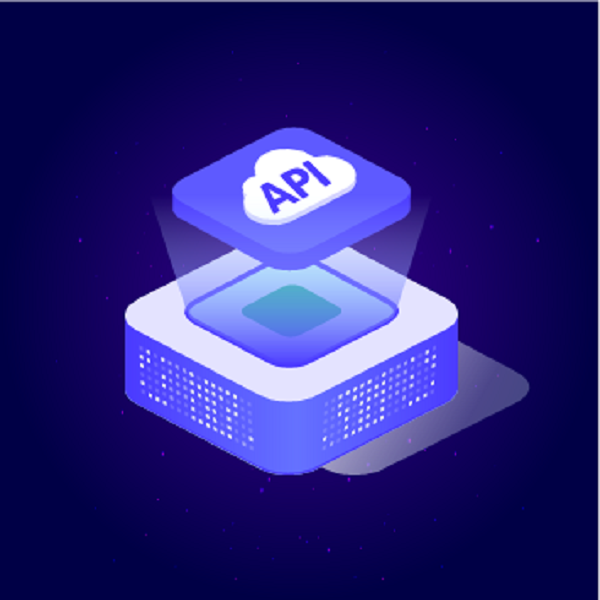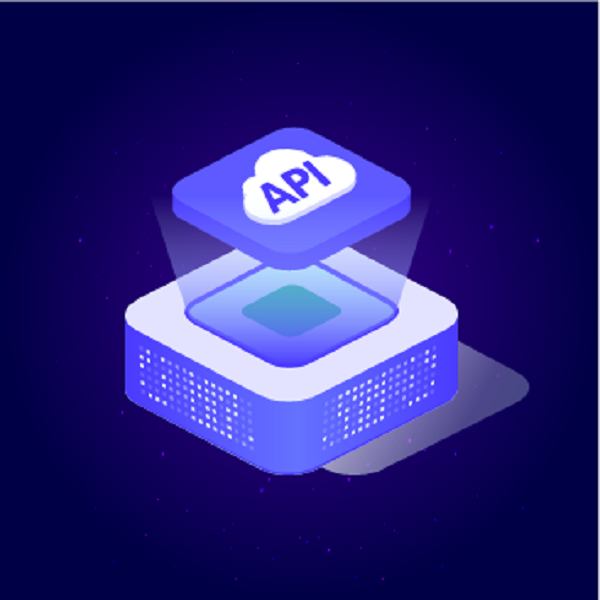Residential Proxies
Allowlisted 200M+ IPs from real ISP. Managed/obtained proxies via dashboard.

Proxies
Residential Proxies
Allowlisted 200M+ IPs from real ISP. Managed/obtained proxies via dashboard.
Residential (Socks5) Proxies
Over 200 million real IPs in 190+ locations,
Unlimited Residential Proxies
Use stable, fast, and furious 700K+ datacenter IPs worldwide.
Static Residential proxies
Long-lasting dedicated proxy, non-rotating residential proxy
Dedicated Datacenter Proxies
Use stable, fast, and furious 700K+ datacenter IPs worldwide.
Mobile Proxies
Dive into a 10M+ ethically-sourced mobile lP pool with 160+ locations and 700+ ASNs.

Web Unblocker
View content as a real user with the help of ABC proxy's dynamic fingerprinting technology.
Proxies
API
Proxy list is generated through an API link and applied to compatible programs after whitelist IP authorization
User+Pass Auth
Create credential freely and use rotating proxies on any device or software without allowlisting IP
Proxy Manager
Manage all proxies using APM interface

Proxies
Residential Proxies
Allowlisted 200M+ IPs from real ISP. Managed/obtained proxies via dashboard.
Starts from
$0.77/ GB
Residential (Socks5) Proxies
Over 200 million real IPs in 190+ locations,
Starts from
$0.045/ IP
Unlimited Residential Proxies
Use stable, fast, and furious 700K+ datacenter IPs worldwide.
Starts from
$79/ Day
Rotating ISP Proxies
ABCProxy's Rotating ISP Proxies guarantee long session time.
Starts from
$0.77/ GB
Static Residential proxies
Long-lasting dedicated proxy, non-rotating residential proxy
Starts from
$5/MONTH
Dedicated Datacenter Proxies
Use stable, fast, and furious 700K+ datacenter IPs worldwide.
Starts from
$4.5/MONTH
Mobile Proxies
Allowlisted 200M+ IPs from real ISP. Managed/obtained proxies via dashboard.
Starts from
$1.2/ GB
Knowledge Base
English
繁體中文
Русский
Indonesia
Português
Español
بالعربية


This article explains in detail the definition of API, its working principle and its application in software development and data interaction. It also introduces how the various proxy IP products provided by abcproxy can provide efficient support for API calls.
1. Definition of API
API (Application Programming Interface) is a set of predefined functions, protocols and tools for interaction between different software applications. It allows developers to access the functions and data of other software or services by calling specific interfaces without having to understand their internal implementation details. As a professional proxy IP service provider, abcproxy's products can provide a stable and efficient network environment for API calls to ensure smooth data interaction.
2. How the API works
The working principle of the API mainly includes the following steps:
Request sending: The client (such as an application or website) sends a request to the server to call a specific API interface.
Request processing: The server receives the request and performs corresponding operations according to the definition of the API.
Data return: The server returns the processing results to the client, usually in JSON or XML format.
Client processing: The client receives the returned data and further processes or displays it as needed.
3. Types of APIs
Based on usage scenarios and functions, APIs can be divided into the following types:
Web API: Based on HTTP/HTTPS protocol, it is used for data interaction between web applications. Common Web APIs include RESTful API and SOAP API.
Operating system API: Provides access to operating system functions such as file management, network communication, etc.
Library API: A collection of functions encapsulated in a software library for developers to call to simplify the development process.
Hardware API: used to interact with hardware devices such as printers, sensors, etc.
4. Application scenarios of API
API is widely used in the following scenarios:
Data integration: Integrate data from different systems into one platform to achieve data sharing and analysis.
Third-party service access: By calling third-party APIs, you can quickly integrate payment, maps, social media and other functions.
Automated process: Use API to automate operations between different systems and improve work efficiency.
Microservice architecture: In the microservice architecture, API is the bridge for communication between services.
5. Advantages of API
Using the API has the following advantages:
Efficient and convenient: By calling the API, developers can quickly implement functions and reduce development time and costs.
Flexible expansion: API allows developers to customize functions according to needs and supports flexible expansion of the system.
Data security: APIs usually provide authentication and permission control to ensure data security.
Cross-platform compatibility: The API supports multiple programming languages and platforms, facilitating integration between different systems.
6. API Challenges and Solutions
When using APIs, developers may encounter challenges such as unstable interfaces and incompatible data formats. To solve these problems, developers can choose high-quality API services, such as the proxy IP products provided by abcproxy, to improve the stability and efficiency of API calls by optimizing network configuration and selecting high-performance servers. In addition, developers can also optimize the API usage experience by using methods such as API gateways and data conversion tools.
7. Future development trends of API
With the deepening of digital transformation and the advancement of technology, API functions will become more intelligent and diversified. Future APIs may have functions such as automatic document generation and intelligent error handling to further improve development efficiency and user experience. At the same time, with the emphasis on data privacy and security, the design and use of APIs will also pay more attention to compliance and data protection. abcproxy will continue to provide high-quality proxy IP products to support the development of APIs in the future.
As a professional proxy IP service provider, abcproxy provides a variety of high-quality proxy IP products, including residential proxy, data center proxy, static ISP proxy, Socks5 proxy, unlimited residential proxy, suitable for a variety of application scenarios. If you are looking for a reliable proxy IP service, welcome to visit the abcproxy official website for more details.
Featured Posts
Popular Products
Residential Proxies
Allowlisted 200M+ IPs from real ISP. Managed/obtained proxies via dashboard.
Residential (Socks5) Proxies
Over 200 million real IPs in 190+ locations,
Unlimited Residential Proxies
Use stable, fast, and furious 700K+ datacenter IPs worldwide.
Rotating ISP Proxies
ABCProxy's Rotating ISP Proxies guarantee long session time.
Residential (Socks5) Proxies
Long-lasting dedicated proxy, non-rotating residential proxy
Dedicated Datacenter Proxies
Use stable, fast, and furious 700K+ datacenter IPs worldwide.
Web Unblocker
View content as a real user with the help of ABC proxy's dynamic fingerprinting technology.
Related articles

How to set up automatic retries for Requests
This article explains in detail how to implement the automatic retry mechanism of the Python Requests library, and combines it with proxy IP services (such as abcproxy) to provide a stability enhancement solution to solve the problem of request failure in high-concurrency scenarios.

How does Polish proxy IP optimize network performance
This article analyzes the core value and application scenarios of Polish proxy IP, explores its mechanism for optimizing network performance, and introduces abcproxy's technical advantages and service capabilities in the field of Polish proxy IP.

How to configure Curl Proxy Config File to improve network request efficiency
This article analyzes in detail the configuration method and practical skills of Curl Proxy Config File, explores how to optimize the stability and security of network requests through proxy IP services, and provides efficient solutions for developers and enterprises.